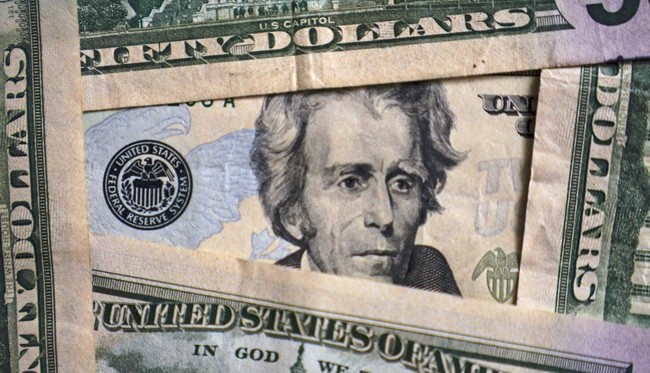
Inflation refuses to go away quietly. The CPI numbers out today are raising concerns that we may not see the soft landing we were hoping for.
Surging gas prices and sky-high mortgages and rent sent inflation rising more than expected in March, adding to Americans’ prolonged and painful battle with high costs. That could force the Federal Reserve to keep its punishing rates higher for longer.
US consumer prices picked up again last month, vaulting to a 3.5% increase for the 12 months ended in March, according to the latest Consumer Price Index data released Wednesday by the Bureau of Labor Statistics.
That’s up considerably from February’s 3.2% rate and marks the highest annual gain in the past six months…
“You can kiss a June interest rate cut goodbye,” Greg McBride, chief financial analyst for Bankrate, wrote in commentary issued Wednesday.
The DOW is down more than 500 points today in response to the news.
US stocks fell sharply Wednesday morning after inflation data for March came in higher than expected.
Markets recovered slightly in mid-morning trading. The blue-chip Dow was lower by 503 points, or 1.3%. The S&P 500 lost 1.1% and the Nasdaq Composite fell by 1.1%.
Because it’s an election year, the status of the economy is more of a political football than usual. On Monday, economist Paul Krugman wrote a column saying Bidenomics was great and the only reason some people disagree is because of partisanship.
Job creation under Biden has been truly amazing, especially when you recall all those confident but wrong predictions of recession…
Inflation did surge in 2021-22, although this surge has mostly subsided…
Why, then, are so many Americans still telling pollsters that the economy is in bad shape?…
The elephant in the room — and it is mainly an elephant, although there’s a bit of donkey too — is partisanship. These days, Americans’ views of the economy tend to be determined by political affiliation rather than the other way around.
But there are signs that businesses and individuals are responding to more than just vibes and partisanship.
An index produced by the National Federation of Independent Business gauging how small-business owners expect to fare in the future dropped to its lowest level since 2012 last month…
“The small business sector is showing signs of a potential slowdown,” NFIB head Holly Wade and the trade organization’s chief economist Bill Dunkelberg said in a report published Tuesday. “Continued stress in navigating inflation pressures leads as the top business problem,” they added…
And the highest share of consumers since the onset of the pandemic said they’re unsure if they’ll make a minimum debt payment on time, according to the New York Fed’s monthly Survey of Consumer Expectations that was released on Monday.
The FED seemed ready to ignore inflation drifting higher at the start of this year but this new report may change the mood a bit. It may even dampen the talk about a vibecession. Higher gas prices and mortgage rates seem like real reasons for people to be unhappy with the economy.
